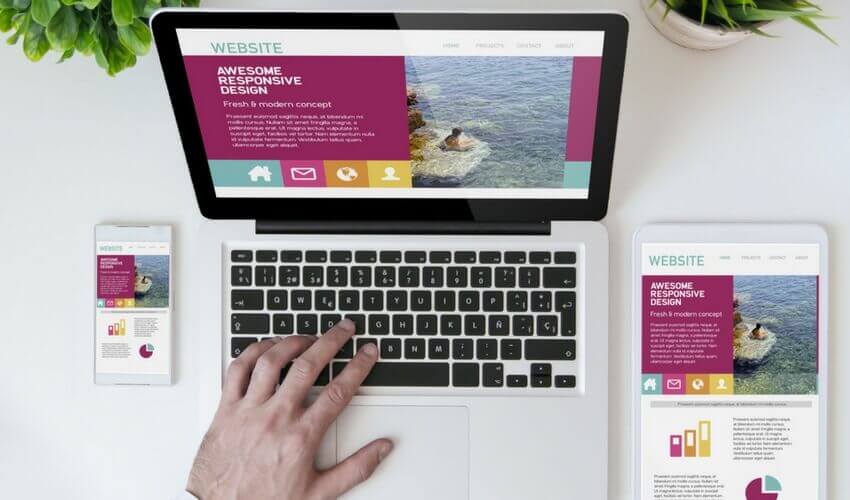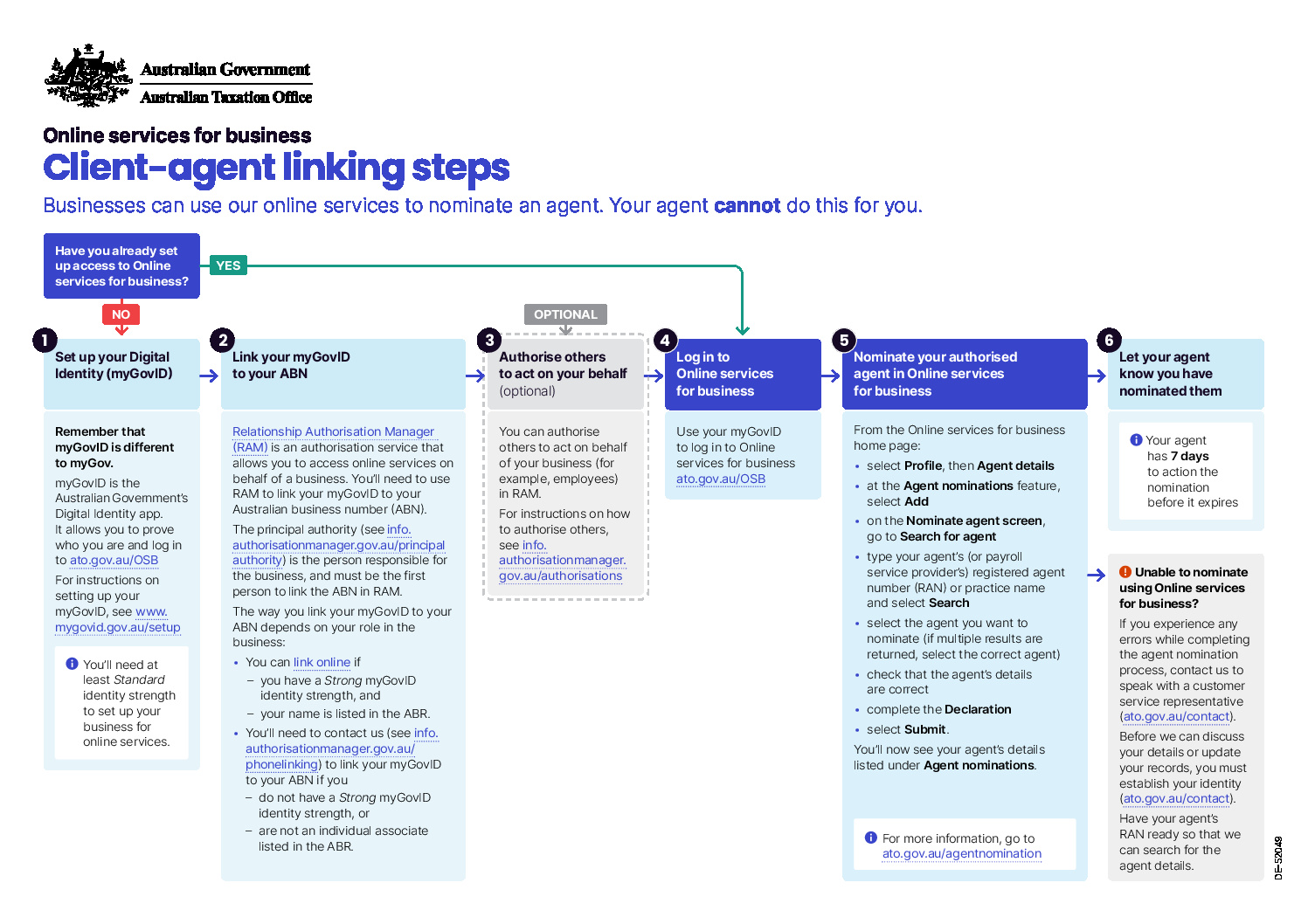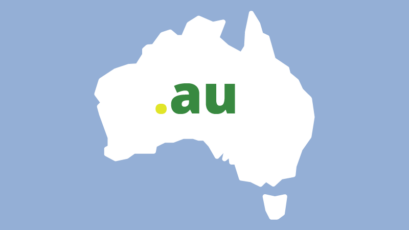The ATO has released a public taxation ruling covering the ATO’s views on the deductibility of expenditure incurred in acquiring, developing, maintaining or modifying a website for use in the carrying on of a business.
Importantly, if the expenditure is incurred in maintaining a website, it would be considered ‘revenue’ in nature, and therefore generally deductible upfront.
This would be the case where the expenditure relates to the preservation of the website and does not:
- alter the functionality of the website;
- improve the efficiency or function of the website; or
- extend the useful life of the website.
However, if the expenditure is incurred in acquiring or developing a commercial website for a new or existing business, or even in modifying an existing website, it would generally be considered capital in nature (in which case an outright deduction cannot be claimed).
Example 4 from the ATO Website – existing business establishes a basic website
62. Eve has owned Fashion from Eden, a suburban boutique for many years. She decides to establish a website and engages a web developer. The developer sources the domain name designs the website and arranges web hosting. The total establishment cost is $2,500. Eve makes a series of progress payments while the website is being constructed. Additionally, the web developer agrees to make content updates as needed. Eve’s regular ongoing costs are domain name registration and server hosting.
63. The website is a single page, containing:
the business name and contact details,
opening hours,
some promotional text identifying clothing brands sold,
a subscription facility for promotion and sales emails, and
links to the business’s social media pages.
64. There is no online sales facility. The website requires updating only when the business’s details change. In 2015, the business wins a local business award and has the website content updated to display this.
65. The website is an enduring feature of the business, established to promote the business in new markets and attract new customers. It is more than a transitory advertisement; it is a modern equivalent of a hoarding. The expenditure incurred to create the website is a capital expense. The progress payments retain their capital nature despite the payments being made by instalments. However, any developer fees for content updates with transitory benefits, such as the reference to the local business award, are of a revenue nature.
66. The website is a depreciating asset; it is software used by the business in the business to perform the function of increasing brand awareness. It is ‘in-house software’ and depreciable under the capital allowances provisions. (Return to paragraph 19 of this draft Ruling)
You can find more examples and all the details of the ruling here. Please contact us here at Quill for further assistance.













